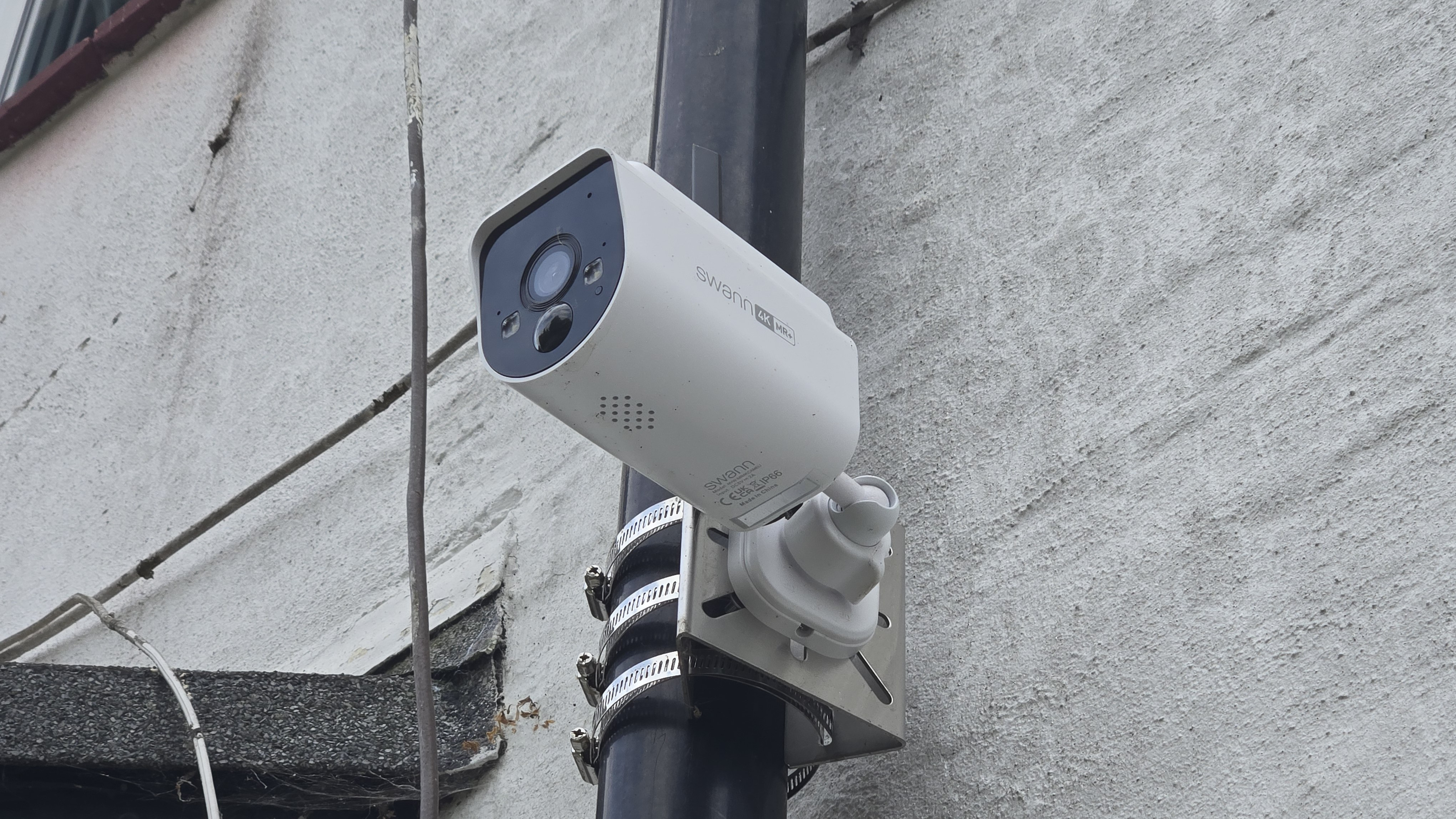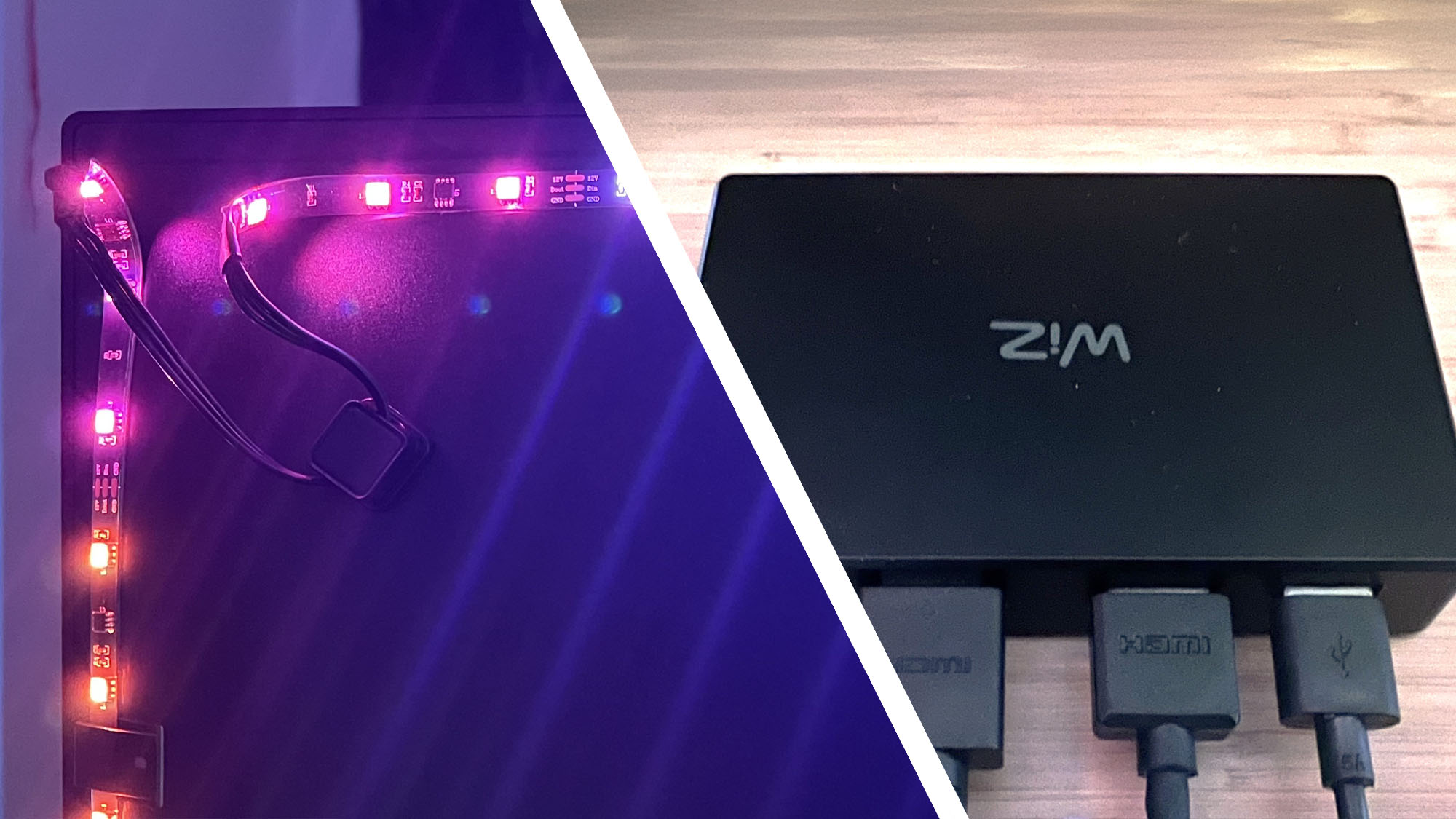EU grants MiCA licenses to 53 crypto firms, Tether and Binance left behind
More than 50 institutions, including major stablecoin issuers and crypto service providers, have received regulatory approval under the European Union’s Markets in Crypto-Assets (MiCA) framework within the first six months of the regulation. On July 7, Circle executive Patrick Hansen shared new data from the European Securities and Markets Authority (ESMA), revealing that 53 entities […] The post EU grants MiCA licenses to 53 crypto firms, Tether and Binance left behind appeared first on CryptoSlate.

More than 50 institutions, including major stablecoin issuers and crypto service providers, have received regulatory approval under the European Union’s Markets in Crypto-Assets (MiCA) framework within the first six months of the regulation.
On July 7, Circle executive Patrick Hansen shared new data from the European Securities and Markets Authority (ESMA), revealing that 53 entities have secured MiCA licenses just six months after the framework came into force.
The licenses enable these firms to “passport” their services across 30 European Economic Area (EEA) countries without needing additional approval in each jurisdiction.
According to him, the spate of licenses marks a significant milestone for digital asset compliance in the region and shows that the regulation is gaining momentum.
Authorized stablecoin issuers
So far, 14 firms have been authorized to issue stablecoins or e-money tokens (EMTs) across seven EU countries. Notable licensed issuers include Circle, Crypto.com, Societe Generale, Stablemint, Quantoz, and StablR.

Together, these firms are behind 20 fiat-backed stablecoins, 12 pegged to the euro, seven tied to the US dollar, and one denominated in the Czech koruna.
Tether, the issuer of USDT, remains missing from the list as it is yet to comply with MiCA requirements. As a result, it has been delisted from several EU-based exchanges, including Coinbase and Crypto.com.
MiCA-licensed crypto trading platforms
In addition to stablecoin issuers, 39 crypto-asset service providers (CASPs) have also received MiCA licenses.
These licenses were distributed across various EU/EEA countries, including Germany, the Netherlands, Malta, and France. Germany has issued the most licenses, with 12, followed by the Netherlands and Malta, with 11 and 5 licenses, respectively.

The licensed CASPs represent a mix of traditional financial institutions, fintech companies, and crypto-native businesses. These firms include BBVA, Robinhood, Coinbase, Kraken, and OKX. However, Binance, the largest crypto platform by trading volume, is missing from the list.
The exchange recently hired Gillian Lynch as its new head of Europe and the United Kingdom. According to the firm, Lynch would help it comply with the regulatory engagement across these regions.
The post EU grants MiCA licenses to 53 crypto firms, Tether and Binance left behind appeared first on CryptoSlate.






























